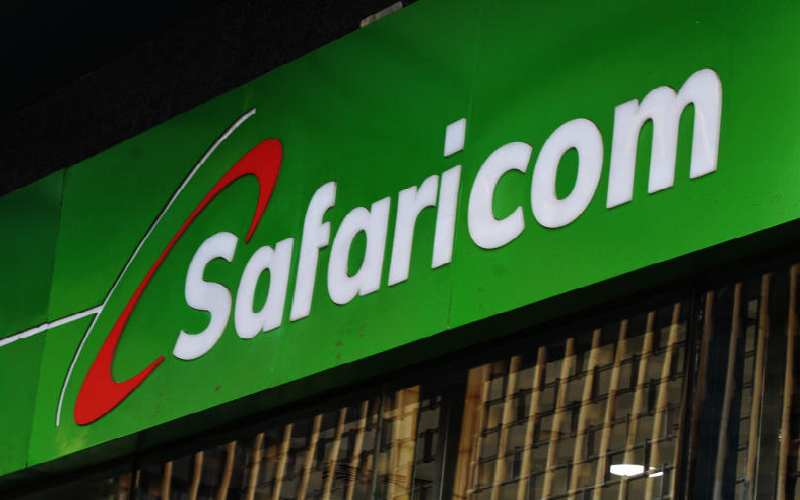Safaricom's pricing for terminating calls on its network will be regulated by the Kenyan government in order to protect smaller telecommunications companies. Safaricom will collect fees to cover just the expenses of linking calls from its competitors under new regulations aimed at preventing dominant telecommunications companies like Safaricom from profiting from mobile termination rates (MTRs).
Given that Safaricom controls more than 25% of mobile service revenues, the Kenya Information and Communication (Interconnection) Regulations 2022 set the scene for the Communications Authority of Kenya (CA) to regulate Safaricom's rates for interconnecting calls from rivals.
Mobile Termination Rates in Kenya
Mobile Termination Rates are the costs charged by mobile operators for terminating outbound calls on their network. MTRs are not regulated, therefore rates vary widely around the world.
It is difficult to control MTR since it's impossible to know how much phone calls genuinely cost. Kenya's regulations on these matters will tremendously aid in developing norms to govern MTRs.
Under the Kenya Information Communications Act, 1998, a telecommunications company is considered dominant if it controls more than 25% of industry sales or has sufficient market power that gives it an advantage over competitors. However, Safaricom's name must be formally recognized as the dominant telecom in the Kenya Gazette in order for the government to regulate its MTRs.
Kenya's telecommunications industry
The Kenyan telecommunications industry brought in Sh280,1 billion ($2,4 billion), with Safaricom accounting for 82,4% of voice call revenue, 78,4% of data, 83,8% of SMS, and 97% of other mobile services.
Safaricom receives Sh300 million ($2,6 million) per month or Sh3,6 billion ($31 million) per year in MTRs, indicating the negative impact of high rates on their enterprises.
— By Bataung Qhotsokoane







